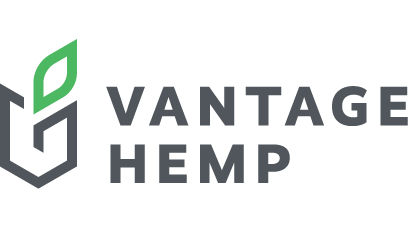Pharmaceutical Grade CBD Isolate (DMF)
Pharmaceutical Grade CBD Isolate (DMF) is a highly refined, crystalline powder containing ≥99% cannabidiol in an anhydrous and highly stable form. Its crystalline nature ensures a uniform molecular structure, facilitating predictable behavior in chemical reactions and compounding processes. Being hydrophobic, CBD Isolate does not readily dissolve in water but is highly soluble in non-polar solvents like ethanol, making it suitable for use in lipid-based formulations, tinctures, and pharmaceutical emulsions. The lack of water content and impurities enhances its stability under varying storage conditions, a crucial consideration for pharmaceutical manufacturing.
In manufacturing, CBD Isolate’s dry, powdered form simplifies handling, transport, and blending, particularly in large-scale operations. Its compatibility with hydrophobic excipients and lipid carriers is advantageous for developing stable, high-dose oral or topical products.
From a compounding perspective, CBD Isolate’s uniform molecular structure enables precise dosing and incorporation into formulations requiring exact cannabinoid concentrations, such as pharmaceutical tablets or injectables. The absence of secondary cannabinoids and terpenes reduces the risk of unpredictable interactions, a significant advantage in clinical and regulatory environments.



